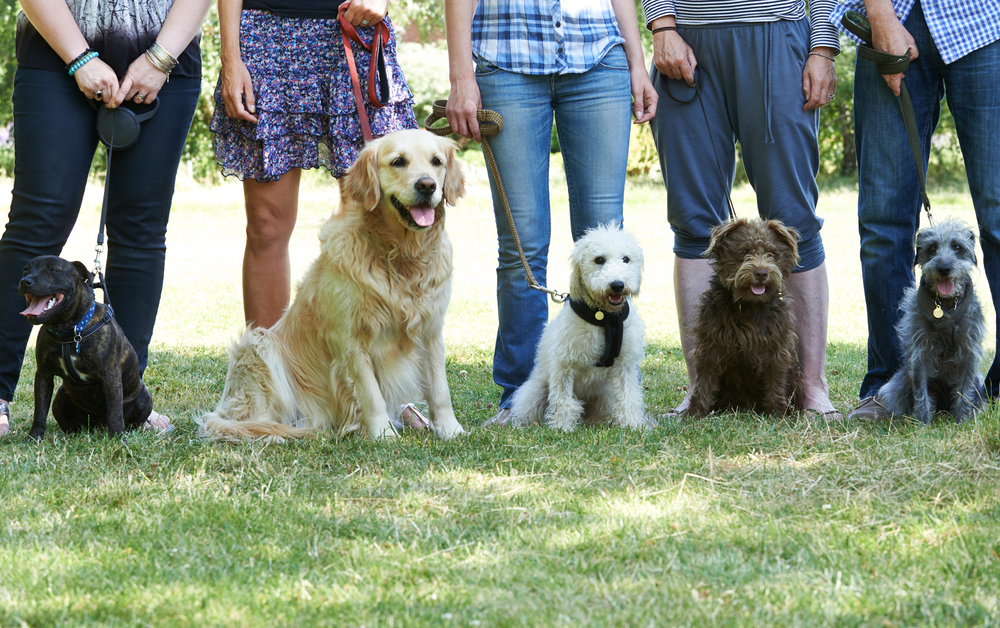Before the pandemic, you’d probably heard it a million times: networking is key. And while that may be true, the idea of returning to stuffy events and schmoozing with strangers isn’t everyone’s cup of tea.
Anyone who’s ever been to an in-person networking event knows that they can be, well, a little awkward. As we re-adjust to in-person interactions after such a long time, things may feel even more awkward than usual. Standing around with a bunch of strangers, trying to make small talk and exchange business cards – it can feel like a lot of pressure to make a good impression.
What’s the Secret to Successful IRL Networking?
I approach in real life (IRL) networking as an opportunity to establish real connections that can be followed up and nurtured over time into meaningful and mutually beneficial professional relationships. I believe networking is a key aspect of building a resilient career — a career that’s built to withstand life’s ups and downs and thrive, despite inevitable bumps and turns.
As you return to networking events, just think of them as simply establishing connections with other professionals instead of trying to land jobs, sales or clients. This should take some of the pressure off. And if you focus on making real connections that you can follow up on and nurture over time, you’re more likely to come away from a networking event with valuable new contacts.
Incidentally…
Formal IRL networking events can be great if you have the time and energy for them, but they’re not the be-all and end-all of networking.
 In one of my earliest blog posts, I wrote about how parents, pet owners and athletes/gym-goers were already part of casual networks that they could be using to build more meaningful relationships. I call it “Incidental Networking.” It’s incidental in the sense that it’s something that naturally occurs during our daily routines.
In one of my earliest blog posts, I wrote about how parents, pet owners and athletes/gym-goers were already part of casual networks that they could be using to build more meaningful relationships. I call it “Incidental Networking.” It’s incidental in the sense that it’s something that naturally occurs during our daily routines.
Parents, for example, are doing pick-ups and drop-offs at schools, swimming lessons, and soccer games. They’re with the kids at neighbourhood parks and school functions. They’re at events and in situations where they meet and chat with other parents on a regular basis. What starts out as small talk at the local hockey rink often progresses to deeper, more meaningful conversations over the weeks, months and years. These casual interactions often develop into stronger and more genuine relationships over time.
For more concrete examples and their advantages, take a look at Incidental Networking and the Hidden Value of a Diverse Network.
The isolation of pandemic lockdowns meant that ad-hoc incidental networking virtually ceased for the better part of two years! Now that more in-person opportunities, functions and events are returning, I think most of us are relishing the opportunity to meet others in informal settings and build those relationships again.
Good News for Introverts
If you’re not naturally outgoing, don’t worry – plenty of introverts are excellent at networking. The key is to focus on building quality relationships rather than quantity. If you’re not a natural networker, you can learn. I have also discussed this in a previous blog: For Best Results, Network Sincerely.
Remember, however, you can still do a lot of networking without even leaving your house or office. While networking may have dropped off in the early stages of the pandemic, we soon realized it was still a useful and necessary element of building careers and businesses. Online networking is still as relevant as ever. Platforms like LinkedIn still offer a great way to connect with potential clients, collaborators, and more.
My point is, don’t suddenly neglect online networking now that we’ve returned to more in-person events. The online component of networking can enhance and supplement our in-person efforts.
One Last Thing
If you are taking the opportunity to attend formal IRL networking events again, try to focus on building genuine relationships. Networking doesn’t mean going to industry events and collecting business cards, but rather getting to know people both within and outside your field. Building a network takes time, but there are ways to speed up the process by being strategic about where you meet people and connect with them. You can also make the most of existing relationships by staying in touch and being helpful.
When you have a strong network of relationships, people are more likely to think of you when they hear of opportunities or have leads for you.
Do you want to discuss a career, HR, or training-related matter? Reach out today for a free and confidential initial consultation by phone, email, or via direct message on Twitter, Facebook or LinkedIn.
More than career coaching, it’s career psychology®.
I/O Advisory Services Inc. – Building Resilient Careers and Organizations TM.





